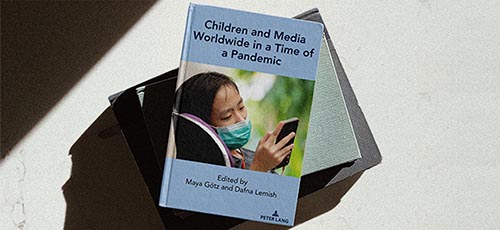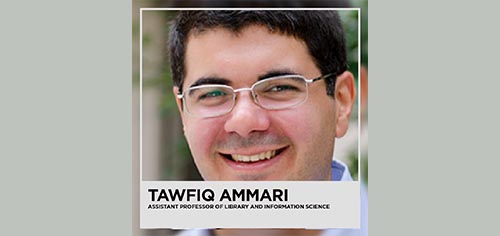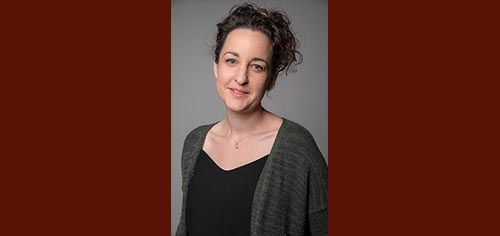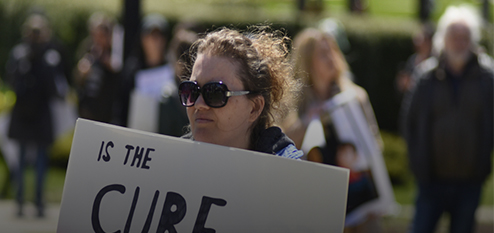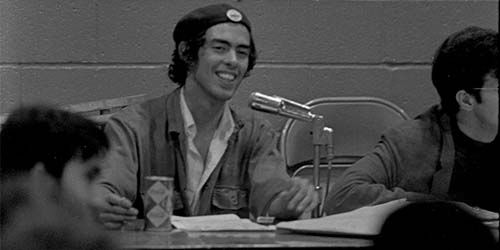The Media Play an Essential Role in Children’s Lives During the COVID Pandemic
A new book examines the impact the media are having on the lives of children during the COVID-19 pandemic, including children from populations that have rarely been studied before, and presents advice for media professionals as well as new findings for scholars.

